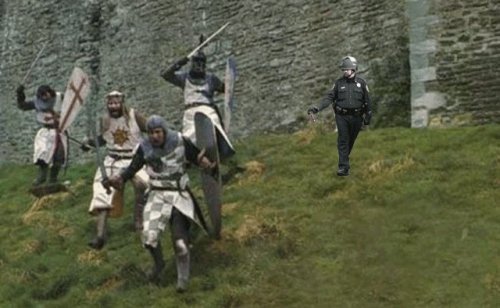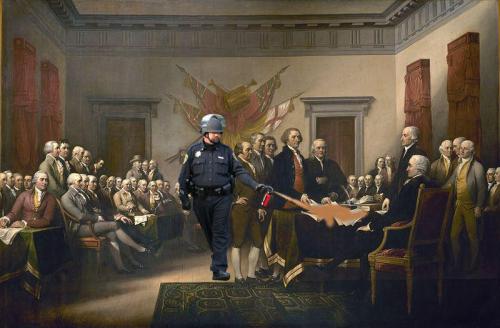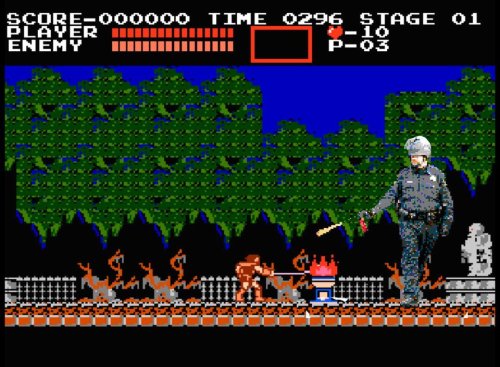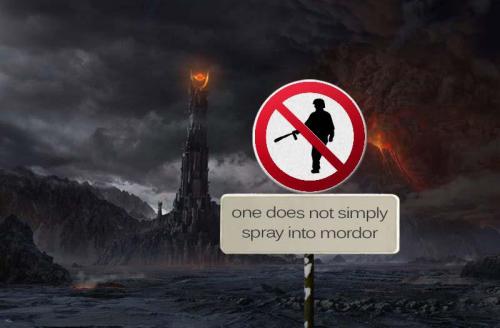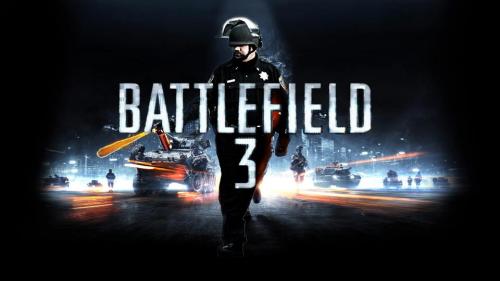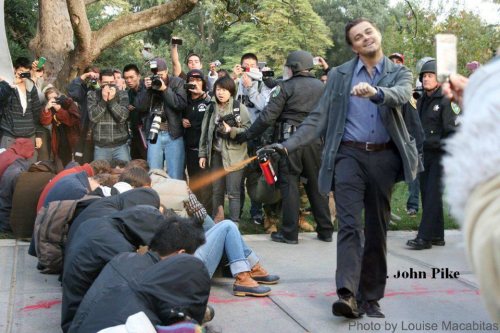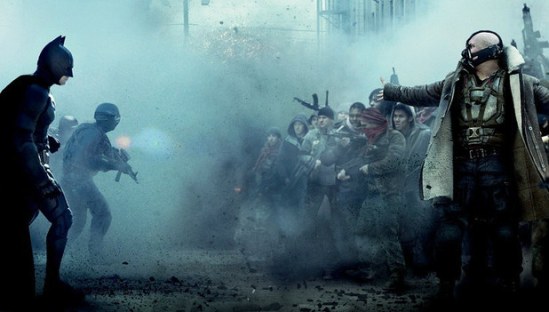
More required reading for anyone interested in popular culture, film, comics, media generally, Occupy, politics generally, the financial crisis, global capital, or life generally: David Graeber, anarchist anthropologist and author of Debt: The First 5000 Years, has a thought-provoking piece in The New Inquiry on superhero comics and their recent film incarnations (with special reference to Christopher Nolan’s Batman films). The piece starts provocatively enough:
Let me clarify one thing from the start: Christopher Nolan’s Batman: The Dark Knight Rises really is a piece of anti-Occupy propaganda.
From there, Graeber goes on to explore (perhaps not altogether unproblematically, but importantly) the politics of superhero comics from the mid twentieth century to the age of digital filmmaking and media convergence.
Dark Knight Rises offers an opportunity to ask some potentially enlightening questions about contemporary culture. What are superhero movies really all about? What could explain the sudden explosion of such movies—one so dramatic that it sometimes seems that comic book-based movies are replacing sci-fi as the main form of Hollywood special effects blockbuster, almost as rapidly as the cop movie replaced the Western as the dominant action genre in the ‘70s?
Why, in the process, have familiar superheroes suddenly been given complex interiority: family backgrounds, ambivalence, moral crises and self-doubt? And why does the very fact of their receiving a soul seem to force them to also choose some kind of explicit political orientation? One could argue that this happened first not with a comic-book character, but with James Bond. Casino Royale gave Bond psychological depth for the first time. By the very next movie he was saving indigenous communities in Bolivia from evil transnational water privatizers. Spiderman, too, broke left in his latest cinematic incarnation, just as Batman broke right.
This is an important piece, framed by consideration of Nolan’s latest Batman film, but really about the framing function of constituent power and the popular means for channeling, negotiating, and ultimately re-imagining it.
